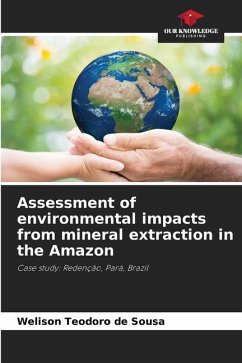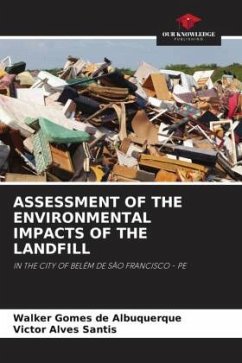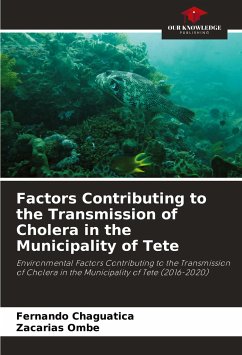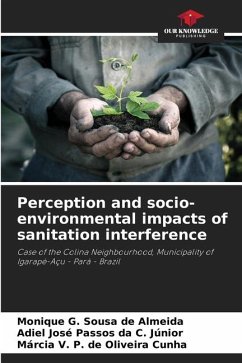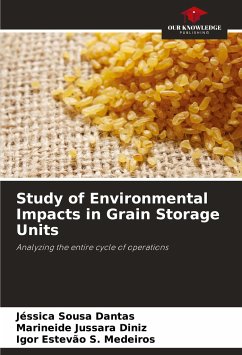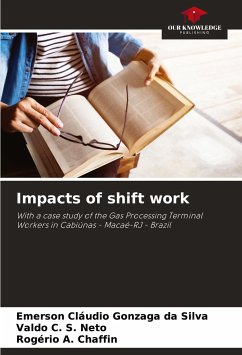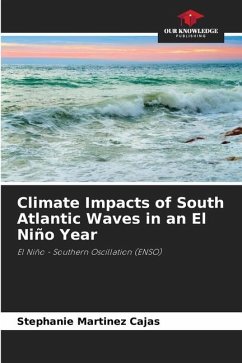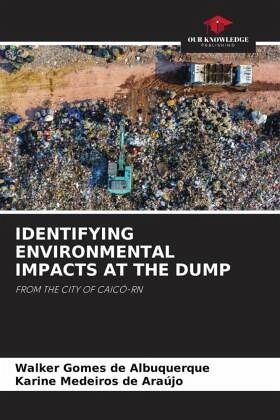
IDENTIFYING ENVIRONMENTAL IMPACTS AT THE DUMP
FROM THE CITY OF CAICÓ-RN
Versandkostenfrei!
Versandfertig in 6-10 Tagen
29,99 €
inkl. MwSt.

PAYBACK Punkte
15 °P sammeln!
The aim of this study was to identify the environmental impacts of the open dump in the municipality of Caicó-RN in order to propose mitigation and compensation measures. The methodology used to carry out this work was based on bibliographical research, field visits, photographic records, satellite images, software and the use of specific methodologies from the bibliography that are fundamental for assessing environmental impacts: the checklist method, the ad hoc method and the interaction matrix. Through the interaction matrix in the operation, decommissioning and closure phases between the ...
The aim of this study was to identify the environmental impacts of the open dump in the municipality of Caicó-RN in order to propose mitigation and compensation measures. The methodology used to carry out this work was based on bibliographical research, field visits, photographic records, satellite images, software and the use of specific methodologies from the bibliography that are fundamental for assessing environmental impacts: the checklist method, the ad hoc method and the interaction matrix. Through the interaction matrix in the operation, decommissioning and closure phases between the activities and the environmental components, it was possible to determine that the physical, biotic and anthropic environments suffered significant impacts, with 51 impacts being identified. The most significant impacts were the inadequate disposal of solid waste and the burning of garbage. Among the main measures indicated were the construction of a sanitary landfill as an appropriate solid waste disposal measure, as well as not burning the waste until the system is decommissioned.





